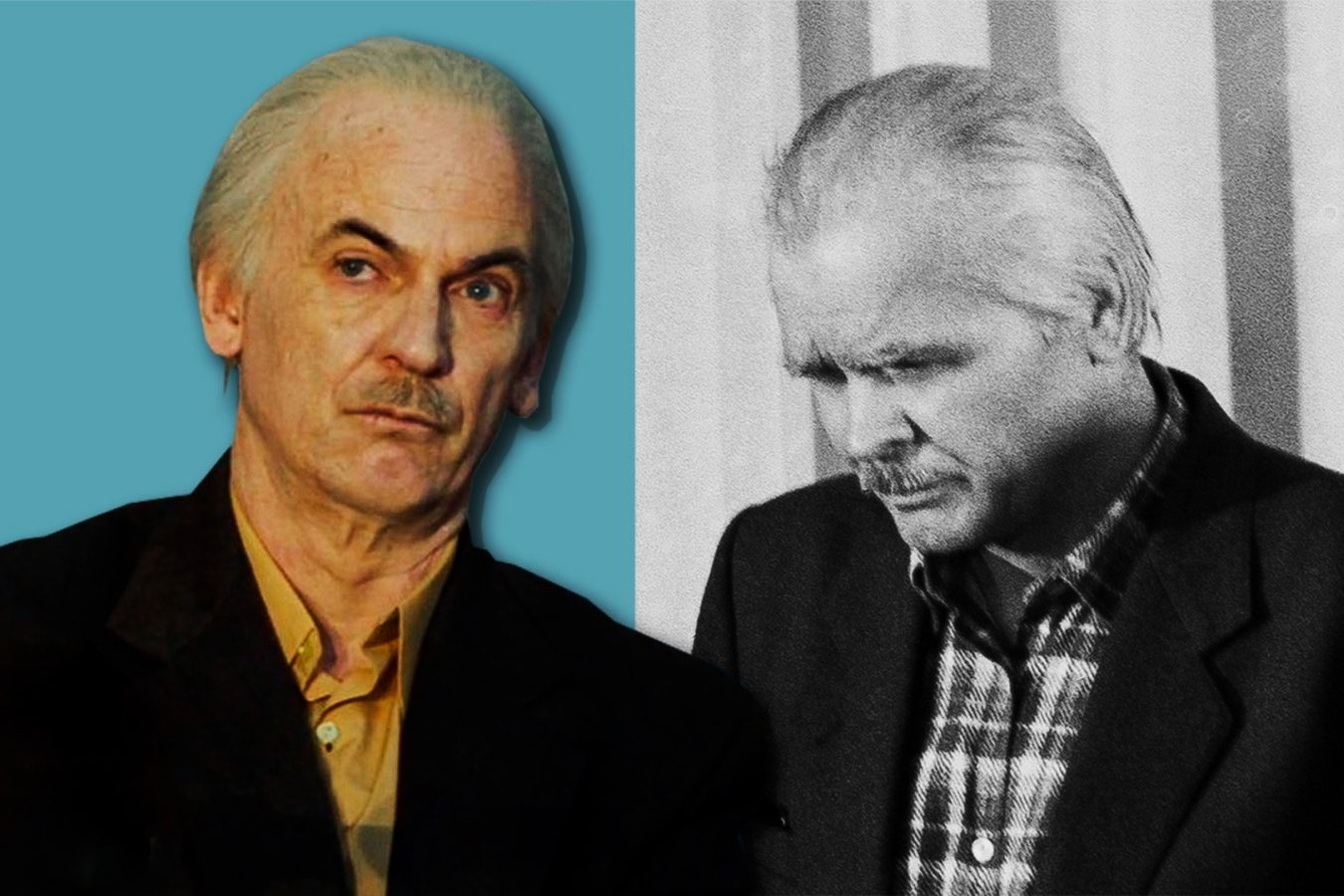
Who was Anatoly Dyatlov? Anatoly Dyatlov was a Soviet engineer and deputy chief engineer at the Chernobyl Nuclear Power Plant. He played a significant role during the infamous Chernobyl disaster in 1986. Known for his strict and often harsh management style, Dyatlov was in charge during the safety test that spiraled out of control, leading to one of the worst nuclear disasters in history. Despite his technical expertise, his decisions and actions on that fateful night have been heavily scrutinized and criticized. Dyatlov was later convicted of gross negligence and sentenced to prison. His story is a complex mix of technical brilliance, human error, and tragic consequences.
Key Takeaways:
- Anatoly Dyatlov, a nuclear engineer, faced intense scrutiny after the Chernobyl disaster. His story highlights the importance of following safety protocols and the impact of human error in high-stakes environments.
- The Chernobyl disaster led to global changes in nuclear safety, emphasizing the need for better communication and training. Dyatlov's legacy serves as a cautionary tale about the consequences of negligence in the nuclear industry.
Early Life and Education
Anatoly Dyatlov, a name synonymous with the Chernobyl disaster, had a life filled with significant events and achievements before the infamous incident.
- Born on March 3, 1931, in Krasnoyarsk Krai, Russia, Dyatlov grew up in a small village.
- He pursued his education at the Moscow Engineering Physics Institute, where he specialized in nuclear physics.
- Dyatlov graduated with honors, showcasing his dedication and intellect in the field of nuclear engineering.
- Before his involvement with Chernobyl, he worked at the Komsomolsk-on-Amur Shipyard, focusing on nuclear submarines.
Career at Chernobyl
Dyatlov's career at the Chernobyl Nuclear Power Plant was marked by both achievements and controversies.
- He joined the Chernobyl plant in 1973, bringing with him extensive experience in nuclear physics.
- Dyatlov quickly rose through the ranks, eventually becoming the deputy chief engineer.
- His role involved overseeing reactor operations and ensuring safety protocols were followed.
- Despite his expertise, Dyatlov was known for his strict and sometimes abrasive management style.
The Night of the Disaster
The events of April 26, 1986, forever changed Dyatlov's life and the course of history.
- Dyatlov was in charge of the safety test being conducted on Reactor 4 the night of the disaster.
- The test aimed to determine if the reactor could be cooled in the event of a power outage.
- A series of critical errors and miscommunications led to the reactor's catastrophic explosion.
- Dyatlov initially refused to believe the reactor had exploded, attributing the alarms to faulty instruments.
Aftermath and Legal Consequences
The aftermath of the Chernobyl disaster brought intense scrutiny and legal repercussions for Dyatlov.
- Dyatlov was hospitalized with acute radiation syndrome shortly after the explosion.
- Despite his severe health issues, he was later arrested and charged with gross violation of safety regulations.
- In 1987, Dyatlov was sentenced to ten years in a labor camp for his role in the disaster.
- He served only three years of his sentence before being released due to his deteriorating health.
Personal Life and Legacy
Dyatlov's personal life and legacy are complex, marked by both professional achievements and the shadow of Chernobyl.
- He was married and had three children, who faced significant stigma due to his association with the disaster.
- Dyatlov spent his later years writing and speaking about the Chernobyl incident, defending his actions.
- He authored a book titled "Chernobyl: How It Happened," providing his perspective on the events.
- Dyatlov passed away on December 13, 1995, from heart failure, exacerbated by radiation exposure.
Controversies and Public Perception
Public perception of Dyatlov remains divided, with some viewing him as a scapegoat and others as a key figure responsible for the disaster.
- Many believe Dyatlov was unfairly blamed for the disaster, pointing to systemic issues within the Soviet nuclear industry.
- Others argue that his management style and decisions directly contributed to the explosion.
- The HBO miniseries "Chernobyl" reignited interest in Dyatlov's role, portraying him as a complex character.
- Historians and experts continue to debate the extent of Dyatlov's responsibility in the disaster.
Impact on Nuclear Safety
The Chernobyl disaster, and Dyatlov's role in it, had a profound impact on nuclear safety protocols worldwide.
- The incident led to significant changes in nuclear safety regulations and reactor design.
- Dyatlov's actions highlighted the need for better communication and training among nuclear plant staff.
- International organizations, such as the International Atomic Energy Agency, implemented stricter safety standards.
- The disaster underscored the importance of transparency and accountability in the nuclear industry.
Dyatlov in Popular Culture
Dyatlov's story has been depicted in various forms of media, reflecting his lasting impact on popular culture.
- The HBO miniseries "Chernobyl" brought Dyatlov's story to a global audience, sparking renewed interest in the disaster.
- Documentaries and books have explored his life and role in the events of April 1986.
- Dyatlov has been portrayed by several actors, each bringing a unique interpretation to his character.
- His story serves as a cautionary tale about the potential dangers of nuclear power and human error.
Lessons Learned
The legacy of Anatoly Dyatlov and the Chernobyl disaster offers valuable lessons for future generations.
- The importance of adhering to safety protocols and regulations cannot be overstated.
- Effective communication and teamwork are crucial in preventing similar disasters.
- Continuous education and training for nuclear plant staff are essential for maintaining safety.
- The Chernobyl disaster serves as a reminder of the potential consequences of complacency and negligence in high-stakes environments.
Final Thoughts on Anatoly Dyatlov
Anatoly Dyatlov's life and career remain a subject of intense scrutiny. As the deputy chief engineer at Chernobyl, his decisions during the 1986 disaster have been both criticized and defended. While some view him as a scapegoat, others see him as a key figure whose actions had catastrophic consequences. His story is a complex blend of ambition, responsibility, and tragedy. Understanding Dyatlov's role offers valuable insights into the human factors behind one of history's worst nuclear accidents. Whether seen as a villain or a victim of circumstance, Dyatlov's legacy is a stark reminder of the importance of safety and accountability in high-stakes environments. His life serves as a cautionary tale, urging us to learn from past mistakes to prevent future disasters.
Frequently Asked Questions
Was this page helpful?
Our commitment to delivering trustworthy and engaging content is at the heart of what we do. Each fact on our site is contributed by real users like you, bringing a wealth of diverse insights and information. To ensure the highest standards of accuracy and reliability, our dedicated editors meticulously review each submission. This process guarantees that the facts we share are not only fascinating but also credible. Trust in our commitment to quality and authenticity as you explore and learn with us.


